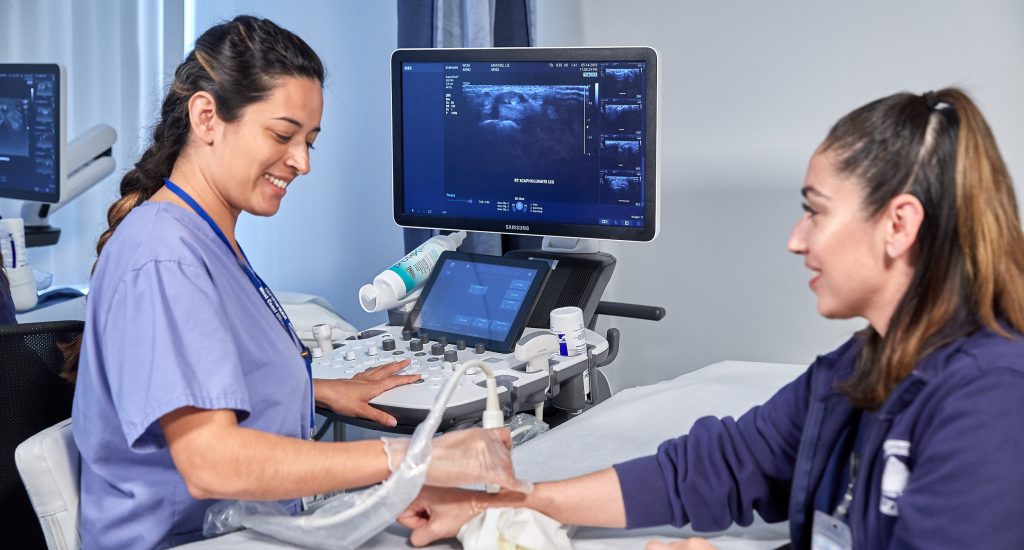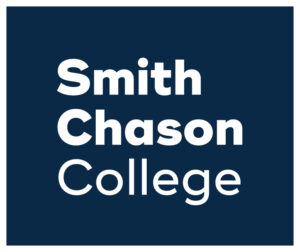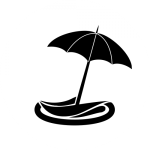Pediatric and Adult Echocardiography
Hands-on Pediatric and Adult Echocardiography Education in California
At Smith Chason College, we’re excited to introduce a new addition to our medical imaging programs: the Bachelor of Science in Pediatric and Adult Echocardiography. As the population of the U.S. continues to age, the need for trained echocardiographers who can help monitor for potential heart and cardiovascular conditions and complications is expected to grow. Echocardiographers utilize ultrasound imaging to take images of the chest and heart that doctors and physicians then use for assessment and diagnosis.
This bachelor’s degree program is offered at our Los Angeles campus and utilizes a combination of online lectures with in-person labs and clinical studies. It also includes a 9-month externship experience.
Bachelor’s Degrees:
Bachelor of Science in Pediatric and Adult Echocardiography
Can be completed in just 36 months
Classes start every Winter quarter
Sit for relevant ARDMS and CCI registries upon completion*
Discover and explore the world of ultrasound imaging and how it’s used in the cardiovascular specialty for both adult and pediatric patients. Learn how to perform comprehensive echocardiographic exams using appropriate protocols and guidelines; apply detailed knowledge of normal and abnormal cardiac anatomy; and communicate important findings, both in writing and verbally, as part of working with a comprehensive medical team. Our classes are taught by experienced, practicing adult and pediatric echocardiographers so you know that you’re getting practical, up-to-date knowledge that you can immediately put into practice on the job.
*Graduates will be eligible to sit for the API, CCT, and ARDMS(AE) and (PE) certification exams.

Diploma Program:
Frequently Asked Questions About Smith Chason College
Your Smith Chason College education can be divided in three sections:
Lecture – Online through asynchronous courses + Through live zoom lectures
Lab – In-person on campus
Externship – 6 months In-person at a designated site
Communication is critical to your development and success
Time flies when you’re having fun and learning! Your first few courses are the building blocks to your educational journey if you are struggling to comprehend a subject or balancing your schoolwork and life, cracks in those building blocks will develop. It is important to keep an open dialogue with your instructors, student services team, and program director and reach out if you are struggling. They are there to help assess and cultivate a plan that can help you succeed.
Like learning a new language
You’ll be learning new terms that will become part of your day-to-day conversations and evaluation of patients.
You’ll build on this language from the very beginning, all throughout your education and well into your career.
Patients from all walks of life will need your help, compassion and professionalism
In the medical field you will have the opportunity to help people from all parts of your community including those who may be low-income, struggling with homelessness, enduring extreme pain or mental illness. Often people who require medical help are not at their best and will need compassion and care from their physicians, technologists, nurses, and therapists. Your attitude can affect their medical journey.
Hands-on work
You will need to be hands-on with your patients, requiring you to be comfortable touching other people.
You will also need to hold and manage equipment with your hands, oftentimes while multitasking and utilizing hand-eye coordination to complete your job.
Vaccinations may be required by your externship site or future employer
As part of the healthcare industry, you are exposed to viruses and diseases that the common population does not come across every day. Your future employer and externship site may require vaccinations to work at their facility.
This includes vaccinations against the Flu, Annual TB, Hepatitis, COVID-19, etc. as required by your Externship site or Employer.
Externship is a critical time that will help you develop real experiences in your chosen field
During your externship, you will spend 6 months working alongside other healthcare professionals who will teach you the ins and outs of your chosen field. This will require potentially long and late hours, hand-on work with patients, and travel to your designated externship site.
This is the moment you can take the skills and knowledge you built in lecture and in lab and apply it to the field! You will have mentors with years of experience guiding you, but there will be moments where you will need to follow instructions and work on your own.
You will need to maintain a professional manner – you’re with real patients now! And they’re counting on you.
What is a transfer credit?
All transfer credits will be evaluated by the Smith Chason College Registrar office. Eligible transfer credits must be from a previous college level course, this does not include AP level high school courses.
Accreditation
& Licensure

Grads Are
Registry Eligible



